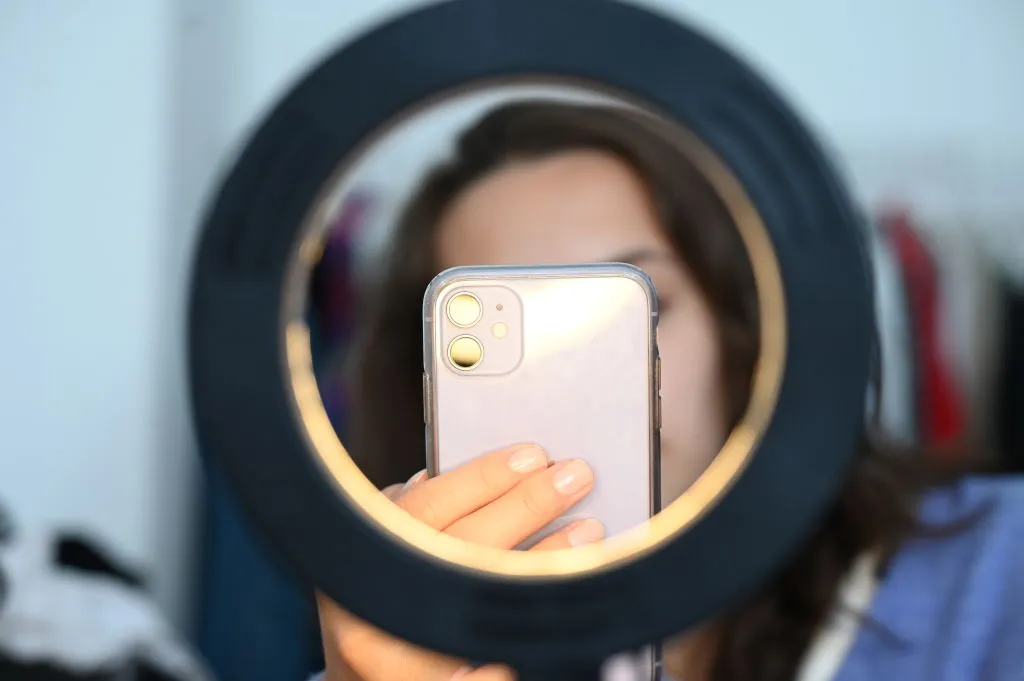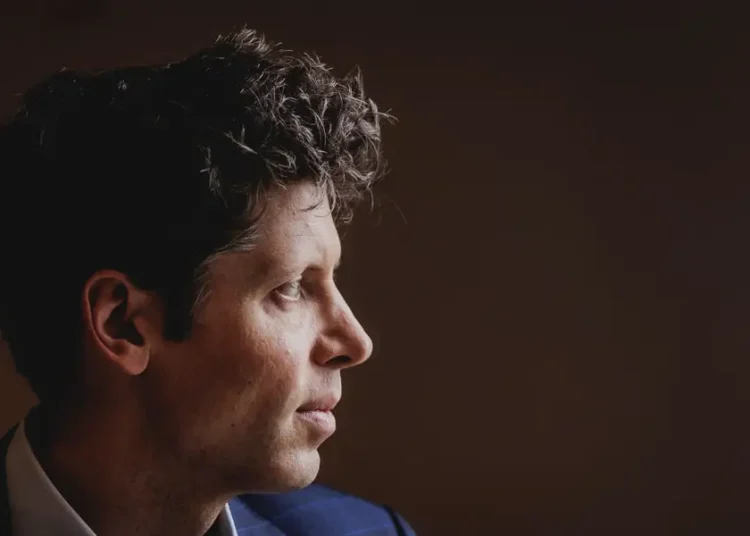“The camera eats first.”
A decade ago, that phrase might have been a joke about influencers and their avocado toast. Now it’s a shorthand for how every corner of life—dinners, cleaning, milestones, even grief—can be packaged for public consumption. We live in a world where intimacy has become inventory, where the difference between living and posting is often just a matter of lighting.
The rise of the creator economy has blurred the line between the personal and the performative. What was once private—a positive pregnancy test, a baby shower, a child’s first day of school—has become brand content. For many creators, the more intimate the moment, the more lucrative the post. The financial incentive to share has turned the private self into an asset class.
But creators didn’t invent this culture of exposure. The blueprint was laid years ago by mommy bloggers, whose lives became a business model. Now, their children, who grew up online, are speaking out, questioning why their childhood memories became monetized content. Their discomfort is a warning: We have turned our most personal experiences into public labor.
Social media platforms reward visibility. Algorithms don’t distinguish between authenticity and performance—they simply amplify what’s most clickable. As journalist Chanté Joseph wrote in British Vogue, even dating has become entangled with the creator economy. Women once gained status online by showing off a relationship; now, they hide their partners to preserve engagement rates. In a digital ecosystem where follower counts can dictate income, posting your boyfriend isn’t just emotional—it’s a business risk.
That’s because attention equals opportunity. The influencer industry is projected to be worth $480 billion by 2027. More than 200 million people around the world now call themselves creators, with about 27 million in the U.S. alone. Universities are taking notice: Syracuse University recently launched a Center for the Creator Economy to study this new professional class. As social strategist Jayde Powell told me, “Academia is going to start teaching content creation skills that you can learn inside your university classes. Once these students go out into the real world, they can become professional content creators.”
She’s right—and the field is already evolving. The most successful creators, or “creatorpreneurs,” aren’t just posting videos; they’re building empires. Michelle Phan, who started out making YouTube makeup tutorials, co-founded the beauty subscription service IPSY and her own cosmetics line, EM Cosmetics. Jackie Aina used her online following to launch FORVR MOOD, a luxury fragrance brand sold at Sephora. Their success stories are now case studies for an economy built on visibility.
But visibility is fickle. Only about 4% of creators earn over $100,000 a year, according to Goldman Sachs. The average income for most is far lower. Aneesh Lal, founder of the B2B creator agency The Wishly Group, says his LinkedIn influencers typically make between $20,000 and $25,000 in their first six months—a respectable sum, but hardly reflective of the labor involved in building a personal brand. Lal’s clients, he says, appeal to brands precisely because LinkedIn feels “safe”—a place to reach affluent audiences without the trolling that plagues other platforms. Even corporate executives are now influencers, blurring the boundaries between leadership and self-promotion.
Beneath the glamor lies a system with few guardrails. There’s no standard pay rate, no guaranteed protections for minors, and almost no labor regulation. Only a handful of states—California and Illinois among them—require that child influencers receive a portion of their earnings. And racial inequities persist. Creators of color consistently earn less than their white peers, even when their work drives cultural trends.
The cracks are showing. When brands cancel partnerships over controversies—like Huda Beauty’s decision to cut ties with influencer Huda Mustafa after a racial slur incident—the fallout exposes the moral instability of the entire ecosystem. As writer Victor Quennell Vaughns Jr. observed in EBONY, “The beauty of a brand is not in its packaging, it’s in its principles.”
Yet the creator economy’s reach only grows. Even journalists—long the chroniclers of other people’s stories—are becoming creator journalists, publishing independently through newsletters and video platforms. The logic of visibility has infiltrated every profession: If you’re not building an audience, you’re falling behind.
The problem isn’t creation itself. It’s that the platforms and policies surrounding it reward constant exposure while offering little protection in return. Data is monetized, privacy erodes, and the line between “sharing” and “working” disappears. Until social platforms compensate users for their data and labor, we remain unpaid workers in a trillion-dollar industry that thrives on our attention.
So perhaps the quietest rebellion is the simplest one. The next time the meal arrives, maybe let yourself eat first—and leave the phone face down.
The post We’re All Working for the Algorithm Now appeared first on TIME.




